On the 27th of March, South African authorities banned the sales of tobacco products as part of the current COVID-19 lockdown. Subsequently as restrictions were starting to be eased, in April it was announced that cigarette sales would be allowed to resume as of May 1st, however this decision was reconsidered at a later date.
The bans on tobacco products and alcohol sales announced in March, sadly included safer alternatives such as e-cigarettes and snus. Naturally this had many angered. Vapour Products Association of South Africa (VPASA) chief executive Asanda Gcoyi, reiterated that treating cigarettes and safer alternatives in the same manner poses a significant problem.
“Vaping is not smoking, those are two different things. Both vaping and cigarettes contain nicotine, but nicotine is not what kills people in smoking, people die because of the tar,” she said.
On top of this, in line with arguments by international health experts, Gcoyi added that another concern is vapers going back to smoking or purchasing vape products on the black market. “My other concern is the illicit market. People are buying vape juice from shops we know nothing about, we hear it’s available at spaza shops, stories that people are mixing juices at home, which is extremely dangerous, because they are just mixing things and the environment is not right.”
The ban is failing to do what it aims to do
And this is exactly what has been happening. Sadly, a recently released study by the University of Cape Town, proved these predictions to be right. Economic scholars Corné van Walbeek, Samantha Filby and Kirsten van der Zee, surveyed over 16,000 people on how they’ve been affected by the tobacco ban.
“Our findings suggest that the ban on cigarette sales is failing in what it was supposed to do,” reported the researchers. “While the original intention of the ban was to support public health, the current disadvantages of the ban may well outweigh the advantages. Smokers are buying cigarettes in large quantities, despite the lockdown, and unusual brands are becoming prevalent.”
The researchers found that in fact, not many have quit smoking. About 41% of the smokers surveyed have tried to quit, with 39% of those being successful and 61% who were not. Additionally, 12% of the quitters said that once cigarette sales are permitted, they will start smoking again.
Smokers have turned to the black market
Instead of buying cigarettes from major retailers such as Spar, South Africa’s version of Walmart, as predicted people have turned to the black market, street vendors, unregulated corner shops, as well as friends and family. And as popular brands have for now disappeared, unfamiliar and unknown brands have become more prominent, as have the sales of single cigarettes. All this will of course amongst other things, also carry serious economic and law enforcing consequences.
“The 1920s script of what happened in the US during Prohibition is happening now in South Africa,” said Derek Yach, the president of the Foundation for a Smoke-Free World, who is South African. “This goes to prove the lengths people will go to—the innovation they’ll adopt—to track down what they want.”
Tony Leon, South Africa’s former leader of the opposition from 1999 to 2007 and now the executive chairman of the communications firm Resolve, said that just because South Africans were ordered to stop smoking, it doesn’t mean that they did. “There is no study that if you ban legal cigarettes, habitual smokers are just going to stop smoking. There are 11 million smokers in this country. This ban has not turned them into 11 million nonsmokers.”
Vapesourcing Opinion:
Ban is not a good way to stop people doing something, just like vaping ban. Moreover, vaping is more health way for the person who can’t quit nicotine. We advise you to choose the vaping instead of smoking. Meanwhile, try your best to get the devices from formal channel.
High-quality vape, we recommend smok nord, uwell caliburn















































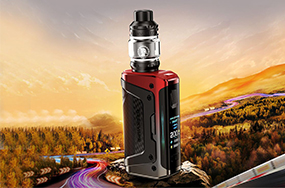
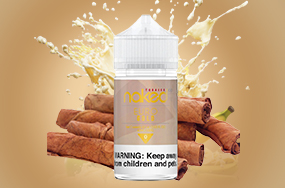


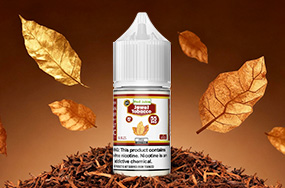




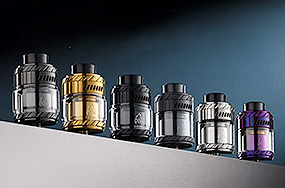

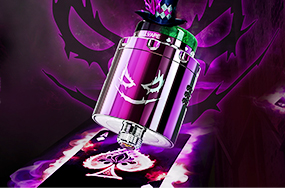


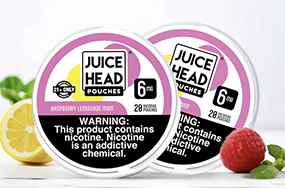

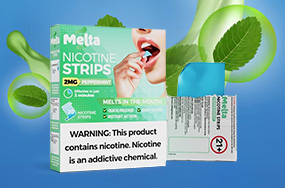
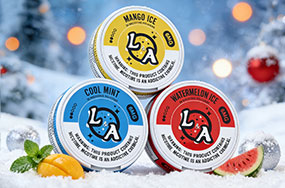



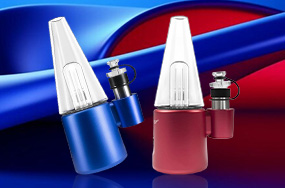






comments